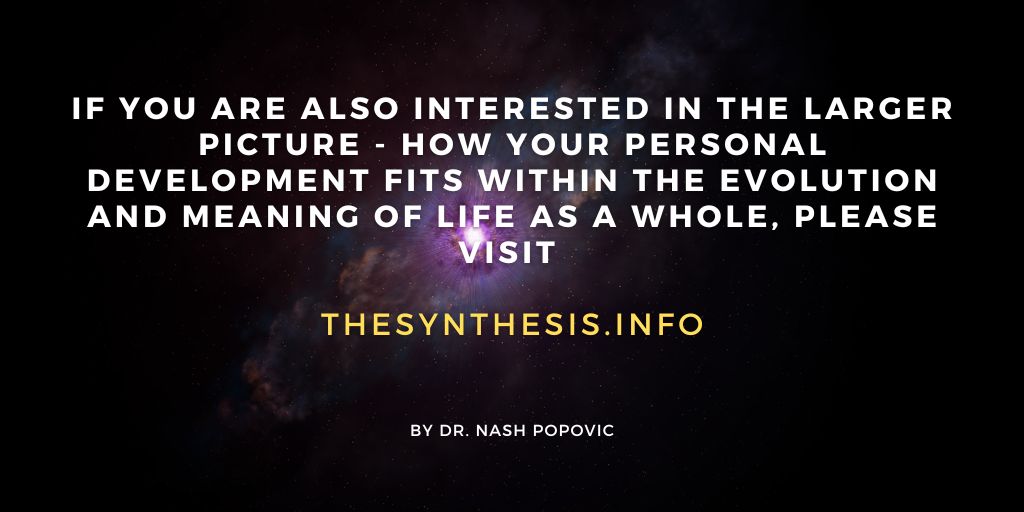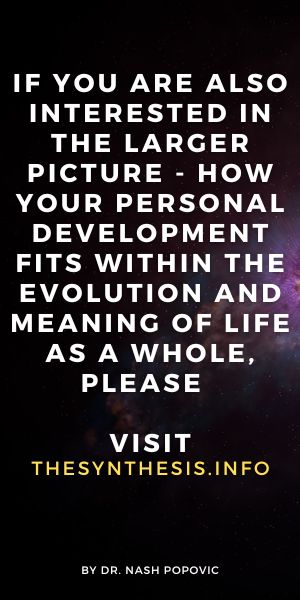Formative Group
This is the first group in the model, and the root group of the Personal category (see Groups). It consists of four areas that define the way we perceive, interact with, and shape ourselves, which is why it is called formative. Let’s see what the functions of these areas are and how they relate to each other.
-
Self-awareness is the root area of the group because it affects the other areas. Self-awareness is different from awareness of the world around us as no senses are involved. We become aware of our thoughts, feelings, desires or dreams directly, as if by magic! Yet self-awareness is not passive – we may become aware of some inner processes automatically, but our understanding of what is going on inside us requires our active involvement. This is why this area is on the axis of the Self category encompassing both existence and agency modes.
-
Relating to oneself is the reactive component of the group and belongs to the existence mode. It addresses the two basic attitudes that we can have towards ourselves, acceptance and rejection, and also the related feelings of guilt and shame.
-
Personal change is the pro-active component, which is why it belongs to the agency mode. Personal change is the counterpart to the Relating to oneself area. It refers to our ability to deliberately alter or modify some aspects of our own personality, such as behaviour, attitudes and habits.
-
Self-valuation is the final area in this group and relies to some extent on the other areas. The term self-valuation is used rather than self-evaluation to indicate that the sense of self-value does not need always to be based on judgements. Its position in the model shows that it includes both modes (as Self-awareness). This is because it has two components: self-respect and self-esteem. Self-respect refers to recognition of our innate value (just being ourselves) and therefore belongs to the existence mode. Self-esteem, on the other hand, depends more on our achievements and interactions with other people, so it is more closely related to the agency mode.

